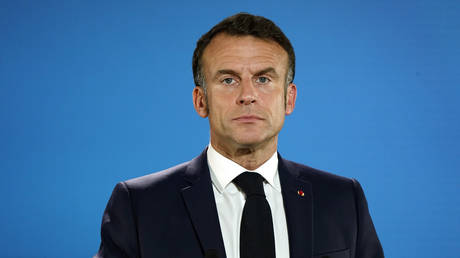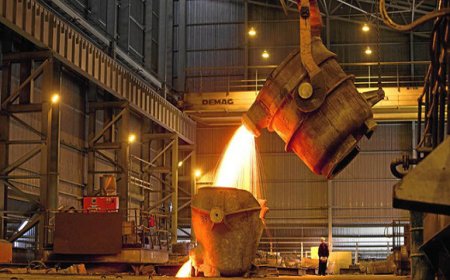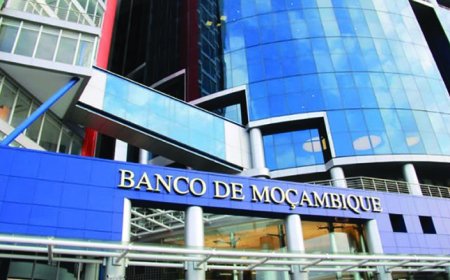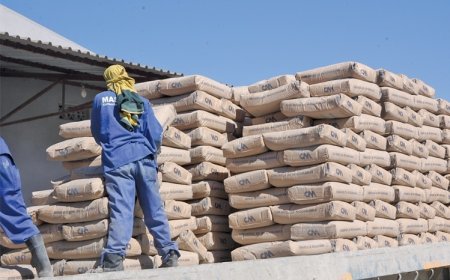Eni reaps billions from Mozambique's gas, yet revenue for Mozambique stays murky
Italian petrochemical giant Eni SpA announced higher-than-expected profits for the second quarter of 2024, largely driven by the strong performance of its upstream business. A key contributor to these results was the Coral Sul floating liquefied natural gas (FLNG) platform, located in the Rovuma Basin, Cabo Delgado, Mozambique. Since its first shipment in November 2022, Coral Sul has exported 4.48 million tonnes of LNG, totalling 63 shipments by June 2024.
Despite the international success of the Coral Sul platform, it remains unclear how much Mozambique has earned in fiscal revenues from these exports. Energy Connects, a hydrocarbons information platform, released the production figures, confirming what President Filipe Nyusi mentioned in his State of the Nation Address on August 7. However, the President did not specify the financial dividends from these shipments.
Nyusi highlighted the start of natural gas exports as a significant milestone for the country, describing it as part of his administration’s legacy and a sign of Mozambique’s growing importance in the global energy market.
Eni's financial results come amid challenges for European energy companies, which have faced low demand for natural gas and shrinking refining margins. Nevertheless, the company outperformed expectations, reporting an adjusted net profit of €1.52 billion in the second quarter, surpassing analysts' predictions of €1.46 billion.
Eni also raised its full-year profit target, now expecting €15 billion, an increase of €1 billion from the previous estimate. The adjusted operating profit of its exploration and production unit rose by 26%, reaching €3.53 billion, driven by a 6% increase in hydrocarbon production, which hit 1.71 million barrels of oil equivalent per day.
This production boost was largely driven by projects in Mozambique, Ivory Coast, and Libya, as well as last year’s acquisition of Neptune Energy. The company expects to maintain high production levels throughout 2024, supported by stable Brent oil prices, which have hovered around $86 per barrel.
During the same period, Eni divested an upstream asset in Alaska and reached an agreement to sell a stake in its bio-refining unit, Enilive. CEO Claudio Descalzi stated that these divestments are expected to reduce the company’s leverage to significantly below 0.2 by the end of the year, surpassing initial expectations.
Descalzi further noted that the success of these divestments would allow Eni to accelerate its €1.6 billion share buyback program, reflecting the company’s confidence in its future outlook.





















